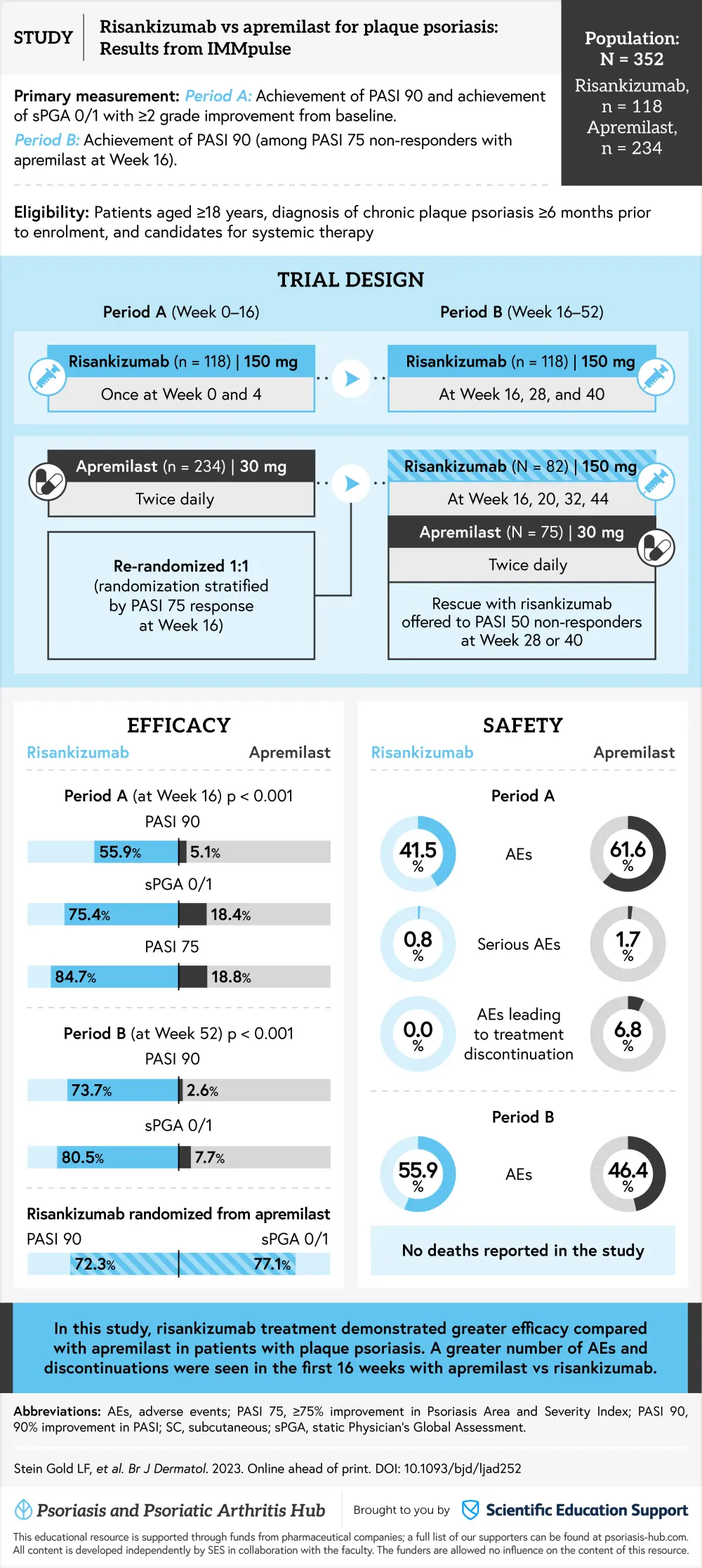All content on this site is intended for healthcare professionals only. By acknowledging this message and accessing the information on this website you are confirming that you are a Healthcare Professional.
The pso Hub website uses a third-party service provided by Google that dynamically translates web content. Translations are machine generated, so may not be an exact or complete translation, and the pso Hub cannot guarantee the accuracy of translated content. The pso and its employees will not be liable for any direct, indirect, or consequential damages (even if foreseeable) resulting from use of the Google Translate feature. For further support with Google Translate, visit Google Translate Help.
The PsOPsA Hub is an independent medical education platform, supported by educational grants. We would like to express our gratitude to the following companies for their support: UCB, for website development, launch, and ongoing maintenance; UCB, for educational content and news updates. Funders are allowed no direct influence on our content. The levels of sponsorship listed are reflective of the amount of funding given.
Now you can support HCPs in making informed decisions for their patients
Your contribution helps us continuously deliver expertly curated content to HCPs worldwide. You will also have the opportunity to make a content suggestion for consideration and receive updates on the impact contributions are making to our content.
Find out more
Create an account and access these new features:
Bookmark content to read later
Select your specific areas of interest
View psoriasis and psoriatic arthritis content recommended for you
Visual Abstract | Risankizumab vs apremilast for plaque psoriasis: Results from IMMpulse
Do you know... In period A of this study, which treatment group had no patients who discontinued due to adverse events?
The Psoriasis and Psoriatic Arthritis Hub is pleased to present a visual abstract summarizing data from the phase IV IMMpulse trial, which compared risankizumab to apremilast in patients with chronic plaque psoriasis up to 52 weeks.
Treatment with risankizumab resulted in more patients achieving a 90% improvement in Psoriasis Area and Severity Index (PASI 90) at Week 16 compared with those treated with apremilast. In addition, patients who were PASI 75 non-responders and switched to risankizumab from apremilast at Week 16 achieved a greater rate of PASI 90 at Week 52 compared with patients who remained on apremilast.

References
Please indicate your level of agreement with the following statements:
The content was clear and easy to understand
The content addressed the learning objectives
The content was relevant to my practice
I will change my clinical practice as a result of this content
Your opinion matters
On average, how many patients with plaque psoriasis do you see per month?

